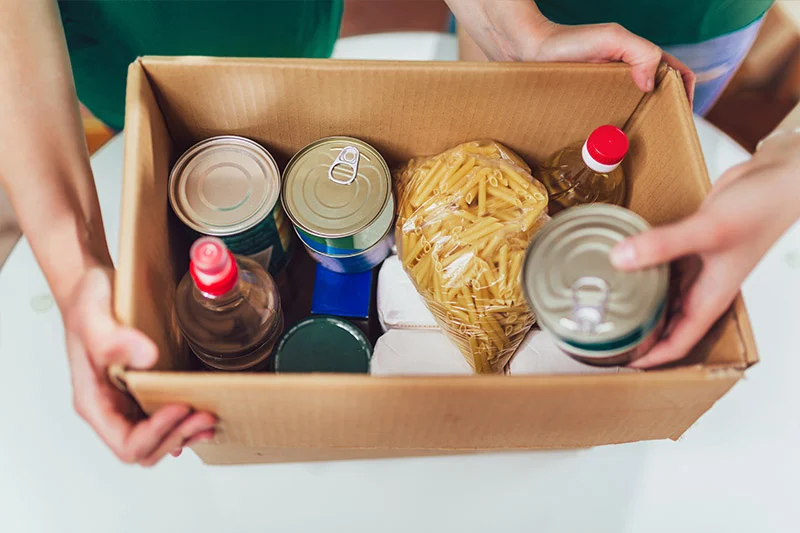The United Nations World Food Program (WFP) has partnered with the government of Nigeria and other countries in West and Central Africa to begin this year’s food assistance program for the lean season beginning in June to August.
The organisation disclosed this in a statement stating that it targets to reach 7.5 million people in the region despite the near-record number of people in need of food assistance.
The target number of people to be reached by the program falls short of the number of people projected to face severe food security problems in the region. According to the WFP, the number of people set to face severe hunger problems during the lean season is expected to reach 55 million in West and Central Africa.
This means that funding constraints would result in around 87% of food-insecure people in the region without support or assistance.
The statement reads, “The United Nations World Food Programme (WFP) is ramping up its lifesaving food and nutrition assistance programme in West and Central Africa, targeting 7.3 million people during the ongoing June-August lean season – when food stocks run out and hunger peaks. The programme – which kicks off in June – supports national governments’ lean season response plans in Burkina Faso, Cameroon, Central African Republic, Chad, Mali, Mauritania, Niger, and Nigeria.”
“The number of people WFP will target as part of the programme could expand to 12 million people if adequate funding allows. But dwindling resources available for humanitarian operations means that despite near-record level needs, WFP has been forced to assist fewer people than originally planned.”
Food security crisis in West and Central Africa
West and Central Africa region faces one of its worst food security crises in a generation with double-digit inflation across the region.
- The hunger and nutrition crisis in the region is fuelled by the combined effects of conflicts, high food prices, and the climate crisis.
- Economic shocks, including market disruptions, high inflation, weakened economic activities, depreciating national currencies, and rising costs of fuel and agricultural inputs, have taken a heavy toll on people, especially in Nigeria, Ghana, and Sierra Leone.
- The International Rescue Committee (IRC) projects that around 16% of Nigeria’s population will face severe hunger during the lean season beginning this June and ending by August while the Food and Agricultural Organisation (FAO) in its food security outlook for 2024 increased the number of people to face food crisis in Nigeria from 26 million to 32 million.
- Earlier in the year, the World Bank in its food security report noted that seven states in Northern Nigeria would face a severe food security crisis in 2024 owing to insecurity, climate change and other problems.
- The projected assistance from the WFP would only meet roughly 13% of the total 55 million people projected to face severe hunger during the period.


